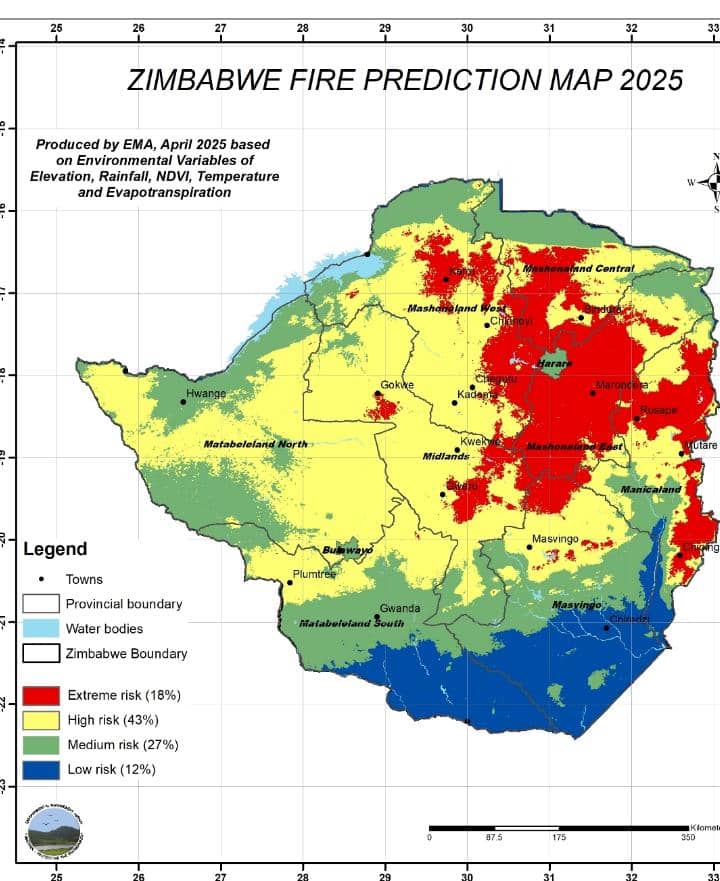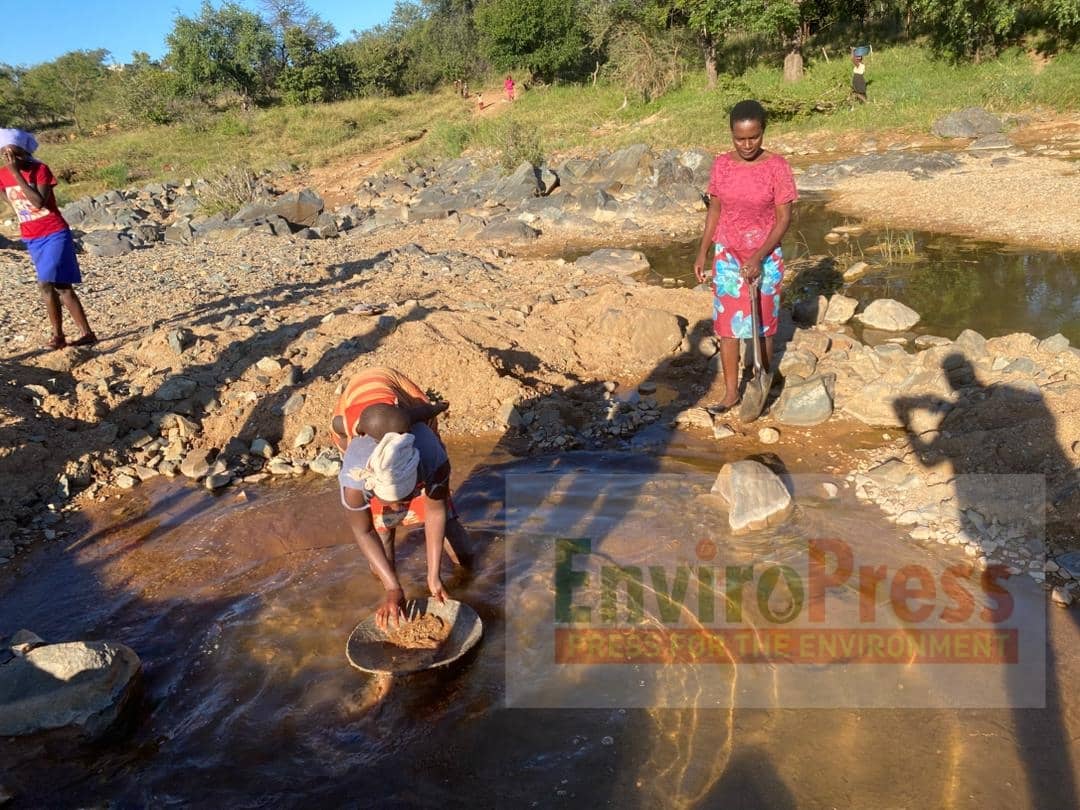Lucy Chivasa
According to the United Nations Environment Programme (UNEP) and the Office of the High Commissioner for Human Rights (OHCHR), there are three main dimensions of the interrelationship between human rights and environmental protection.
These are (i) environment (as a prerequisite for the enjoyment of human rights) (ii) impact of environmental degradation and (ii) climate change on state and non-state actors’ obligations to respond to such impacts.
Some forms of human rights for example access to information, right to participate in decision-making, and access to justice in environmental matters are essential to good environmental decision-making. The right to a safe, healthy, and ecologically balanced environment is also an essential human right.
The impacts of environmental degradation and climate change on land, freshwater resources, ecosystems, and human settlements are already undermining access to clean water, food, shelter and other basic human needs. The impacts constitute a serious interference with the exercise of fundamental human rights, such as the right to life, right to health, right to food, right to housing and adequate standard of living.
There are obligations of states and private actors to respond to these impacts by making sure that the affected public is informed about impacts, involvement of communities in public decision making processes and giving people access to administrative, judicial and other remedies. These are known as procedural obligations.
Then there are substantive obligations. These require all governments to protect human rights from harm related to the environment and climate, respond to core drivers, cooperate internationally, address transboundary impacts, and safeguard human rights in all mitigation and adaptation activities.
Governments also have unique obligations with respect to certain groups, including women, children and indigenous people. Private actors have obligations to address the human rights implications of climate change, and should refer to the UN Guiding Principles on Business and Human Rights as they carry out their duties.
The Zimbabwe Constitution mandates the State to formulate and implement laws and policy decisions that include environmental, economic and social rights. The Constitution entrenches environmental rights and encourages environmental protection.
There are provisions for environmental rights, right to health, right to water and sanitation. There is a section which provides for the right to an environment that is not harmful health or wellbeing, and that every person has the right to have the environment protected for the benefit of present and future generations, through reasonable legislative and other measures that prevent pollution and ecological degradation; promote conservation; and secure ecologically sustainable development and use of natural resources while promoting economic and social development. Finally, the right to healthcare and right to water and sufficient food are also addressed in the Constitution and all these rights support the right to life.
In Zimbabwe, one can use the Constitution to claim rights related to environment. For example, if an environmental activist is arrested for protesting against such issues as the establishment of a mining interest which affects the viability of agriculture, access to water and fishing, they can then claim Constitution protection.
Section 73 of the Constitution provides for all people in to live in an environment that is not harmful to their health or wellbeing.
This shows that rights are inter-dependent with regards to freedom of expression, the right to organize, the right to participate, the right to access information and the right to protest claiming environmental rights.
Lucy Chivasa is a Human Rights Lawyer and final year journalism student who writes in her personal capacity.








